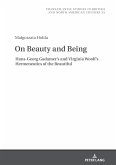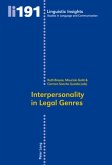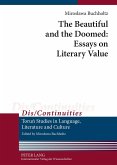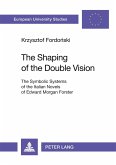As Samuel Johnson noticed, there has always been something 'odd' about Tristram Shandy - a literary autobiography that begins with the narrator's conception and ends before his birth. However, while time has been recognized as being central to the narrative strategies of Tristram Shandy , the role of time in the novel has rarely been examined in any substantive detail. This book offers the first extended consideration of the representation of time in Tristram Shandy . Its central argument is that the 'oddness' of the novel's formal and typographical experimentation, fragmentation of narrative sequence, destabilization of the autobiographical subject and emphasis on textual materiality derives from a radical conception of temporality. In showing how Tristram Shandy conceives of temporality as an alterity that disrupts both subjectivity and representation, this study not only provides a theoretical commentary on the novel's temporal experimentation, but also demonstrates the continuing importance of Tristram Shandy for the critical theory of fiction.
Bitte wählen Sie Ihr Anliegen aus.
Rechnungen
Retourenschein anfordern
Bestellstatus
Storno








